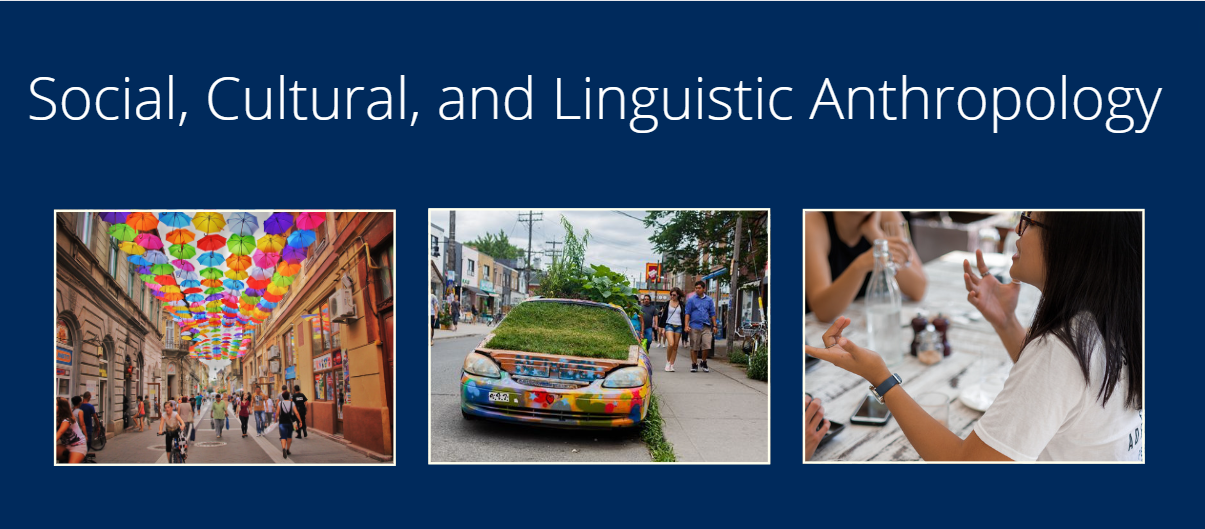Students can choose programs in Anthropology (General), Anthropology (Evolutionary), Anthropology (Society, Culture and Language) and Archaeology. Please refer to the Faculty of Arts & Science calendar for specific program requirements.
Anthropology (General) Program Requirements
Evolutionary Anthropology is the study of the biological diversity of humans, the history of this diversity, and the biological relationships between humans and non-human primates. Major foci in Evolutionary Anthropology include Human Biology, the study of modern humans; Osteology, the study of the human skeleton; Paleoanthropology, the study of human evolution; and Primatology, the study of non-human primates. Evolutionary anthropologists integrate biological and social variables in their explanations of the effects of evolution on humans and other primates.
Evolutionary Anthropology Program Requirements
At the core of the study of Society, Culture and Language is the question of how we humans organize our lives together, and why we do so in such vastly different ways. The orientation is global and contemporary. We explore social relations: relations between kin and neighbours, between genders and generations, between ethnic groups and nations, between rich and poor, between people and the natural environment that sustains them, and between people and their gods. We also explore the production and communication of meanings through rituals, images, memories, symbols and linguistic codes. Topics include environment, power, ideology, identity, subjectivity, media, sexuality, ethics, affect, activism, health, cities, work and international development.
Anthropology (Society, Culture, and Language) Requirements
Medical anthropologists examine the interrelatedness of society, environment, and health. Grounding their work in historically and culturally specific understandings of what it means to be well or ill medical anthropologists bring a social science perspective to health issues, often working with scholars and practitioners across different disciplines. Coursework in the medical anthropology minor provides students with a range of perspectives on medical anthropology, including applied, critical, and historical approaches to the subfield. Topics covered include (but are not limited to): epistemologies of illness, chronic and infectious disease, reproduction, disability, biotechnologies, the body, global health, aging, death, gender and sex in medical contexts across the globe.
Medical Anthropology Minor Requirements
Archaeologists study the material remains of the human past. Archaeological methods range widely, from the study of artifacts to the analysis of plant and animal remains, and Archaeological research covers a vast expanse of time from the earliest stone tools to the complex record let by modern industrial society. Archaeologists also grapple with a range of theoretical issues including material culture, culture change, identity, and ritual. Many archaeologists today also work in collaboration with local communities and engage with the questions of archaeological ethics.
Archaeology Program Requirements
Questions?
For more information about the Undergraduate Program in Anthropology at the University of Toronto (St. George campus), please contact the Undergraduate Program Administrator.







